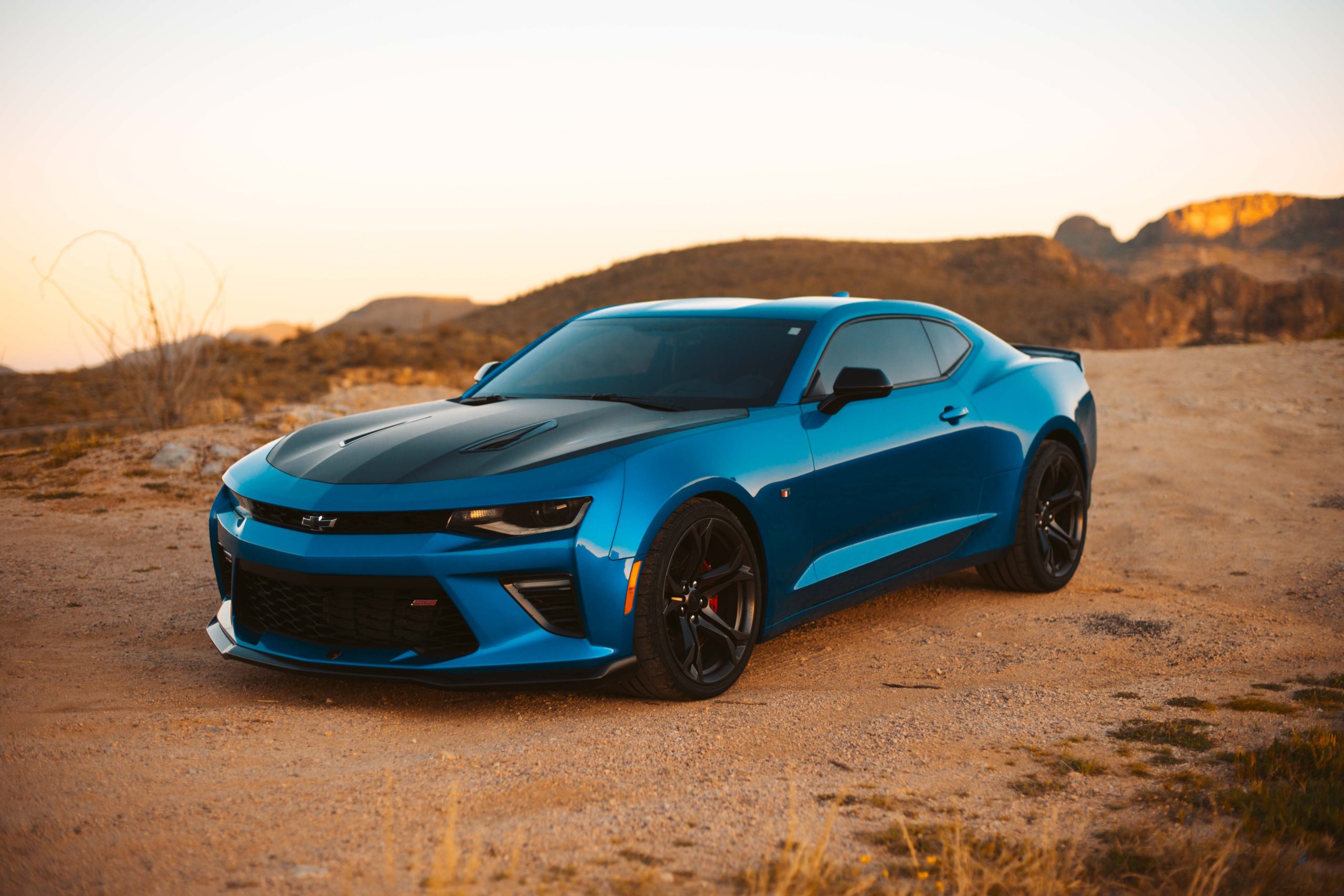[ad_1]
During my time as a marshal at a road racing event, the first thing we would tell drivers was that there ought to be ‘no hooning'. A hoon is someone who drives a car in an anti-social manner according to his society, and this includes but is not limited to practices such as over-speeding, disregarding traffic rules, intimidating other drivers and driving noisily or dangerously. There are even countries with special ‘anti-hoon laws' such as Australia, where there is the Hoon Boating and Other Amendments Act 2009 of the State of Victoria, and a Bill passed in 2004 allows the Western Australia Police to impound cars whose drivers were found to engage in such practices. It is therefore clear that being a victim of hooning is such an abhorred experience by most motorists, and when VoucherCodesPro conducted a research of 2,837 U.K motorists, BMW drivers were pointed out to be the most aggressive, topping the list that also comprised drivers of Land Rovers, Audis, Subarus and Vauxhalls. In this case, blue BMW's made the largest number followed by black ones. The research did not just focus on elements such as over-speeding and dangerous driving but also on who were the most and least likely motorists to indulge in road rage, and the findings were that men between ages 35-50 were most likely to be angry drivers while women between 17-25 years were the least likely to get upset.
In an interview, researcher Paul K. Piff of the Institute of Personality and Social Research at the University of California told New York Times that fancy cars were less likely to stop to allow pedestrians to pass, adding that BMW drivers were the worst. When Car Throttle, a British media platform for car enthusiasts conducted a similar research entailing 7,500 respondents, BMW drivers topped as the most disliked ones at 41%, followed by Audi at 13%, Honda at 10%, Mercedes at 6% and Toyota drawing with Ford at 4%. On the bottom side, Dodge, Subaru, Land Rover and Holden tied at 2%, with Volvo, Nissan, Peugeot, Jeep and Mazda finishing equally at 1%. Mitsubishi drivers emerged to be the most respected, coming in at 0%. This study is complemented by a 2008 campaign by Audi regarding the stereotypes behind Lexus, Mercedes, Audi and BMW, and it labelled BMW owners as “techno music lovers, inconsiderate and arrogant”. So where is all this leading?
In 2012, former Top Gear presenter Richard Hammond said this of BMW after driving the F30 320d: “their cars are not about cutting edge, brand new technology, breaking new ground and pushing things further but about doing what's already known and doing it extremely well.” I have personally been with a BMW M5 V10 alongside a Mercedes C63 AMG V8 and I can attest to Hammond's statement. Are all these reports therefore simply inaccurate or overstated? Perhaps there could be a side to this that hasn't been addressed. In 2011, Market Research World, a leader in consumer insight and research conducted a poll in which BMW owners claimed to prefer ‘a fast, punchy style of driving'. Some respondents even claimed that it was not their fault but that the car demands to be driven hard. With this in mind, thus, is it not logical to say that all the studies above are accurate and BMWs are topping the lists for all the wrong reasons because the people driving them are ambitious, excited, conceited and somehow carefree? What, in any case, is to be expected when you give a car that demands to be driven hard to someone with a rough driving style? Well, in a different study, TrueAccident.com reveals that BMWs cause fewer fatalities than Audis, Toyotas, Fiats and Fords. Don't worry then the next time you see a blue BMW before you, for though it may stop when you least expect and change lanes without indicating, there is really no cause for alarm.
[ad_2]
Source by Martin Mutai

